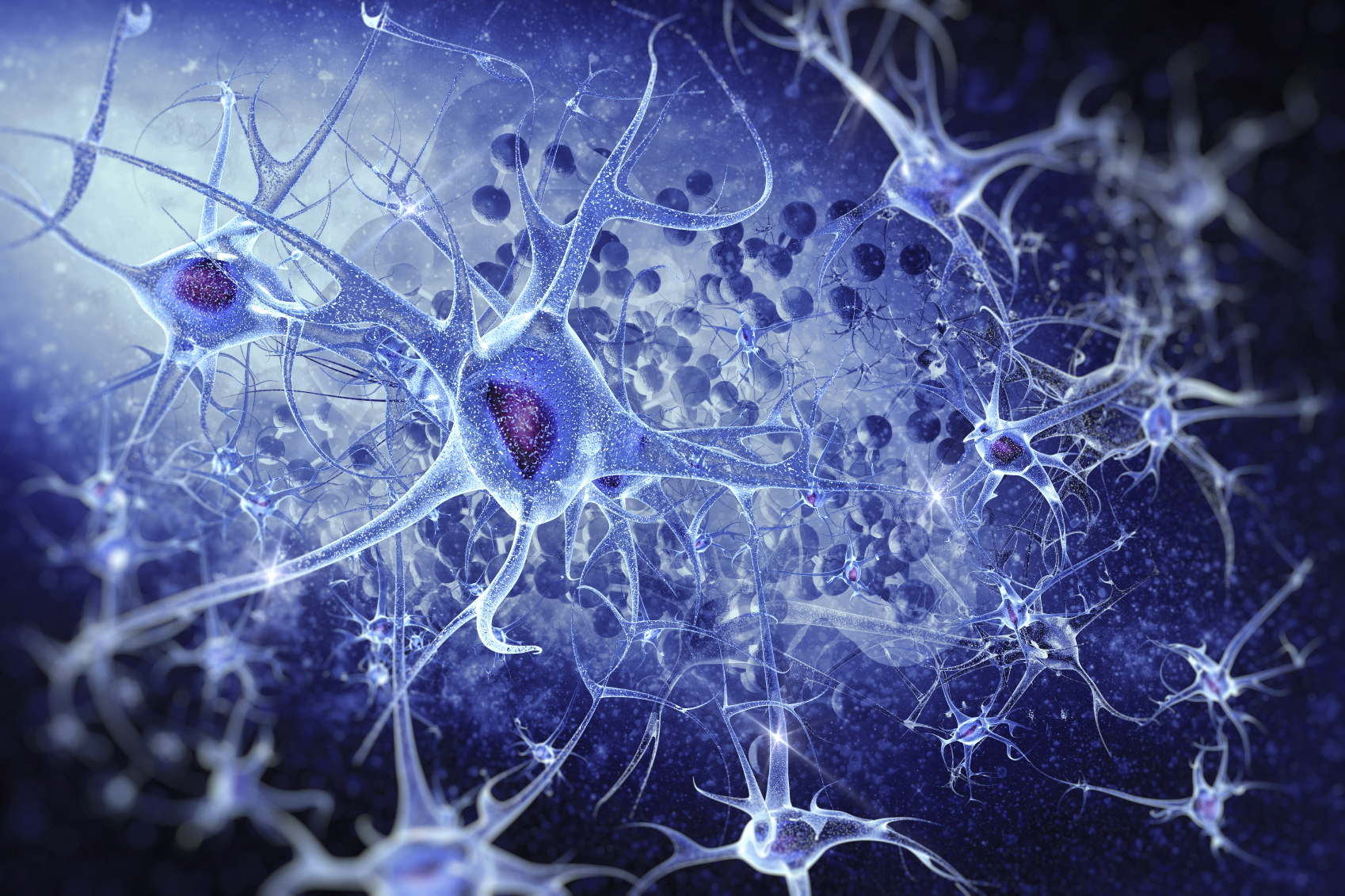Axovant axes neuroscience drug, focuses on gene therapies

Swiss biotech Axovant started the year badly, dropping its Alzheimer’s drug intepirdine after it failed in a trial, and it has ended with another flop from a neuroscience drug, nelotanserin.
Axovant is from the Roivant family of companies led by CEO Vivek Ramaswamy, and had been developing nelotanserin for treatment of rapid eye movement (REM) sleep behaviour disorder in patients with Lewy Body dementia.
But the company has stopped clinical development of nelotanserin after a phase 2 clinical study missed its endpoint measuring reduction in frequency of sleep disturbances, as measured by laboratory video assessment.
The drug was generally well tolerated, Axovant said, and signals were observed in secondary measures, including trends in certain sleep parameters and brain wave monitoring during sleep.
Findings are consistent with the drug’s mechanism of action and previous clinical studies of nelotanserin.
Pavan Cheruvu, CEO of Axovant, said that the company has axed development of all other small molecules and will focus on gene therapies instead.
Cheruvu said: “While secondary measures of efficacy suggest biologic activity for nelotanserin, Axovant has been focused on developing innovative gene therapies and we will not undertake further clinical studies with our legacy small molecule portfolio, including nelotanserin.
“The completion of this study closes a chapter in the company’s history. We are grateful to the patients and clinical investigators who participated in this study, and we look forward to advancing Axovant’s gene therapy pipeline through multiple important milestones in 2019.”
Axovant has been focused on gene therapies since the in-licensing of Parkinson’s disease treatment AXO-Lenti-PD from Oxford Biomedica in June.
Since then it has strengthened its capabilities in the development, manufacturing and commercialisation of gene therapies.
It has also hired former chief technology officer of Spark Therapeutics, Fraser Wright, to lead development of these therapies.
Phase 2 data from AXO-Lenti-PD is due next year, and the firm is also developing AXO-AAV-OPMD, a gene therapy to restore normal muscle function in patients with oculopharyngeal muscular dystrophy, with plans to begin clinical trials in the second half of next year.
Despite Cheruvu’s insistence that nelotanserin was never really part of the plan, shares in the company were down by as much as 27.5% during Monday trading.
Axovant axed development of Alzheimer's drug intepirdine in January after trial results showed it worsened symptoms compared with placebo.
The company then managed to misreport trial results from nelotanserin when trying to impress investors at the JP Morgan healthcare conference in San Francisco.
The company wrongly said the “p” value in an assessment of symptoms showed a statistically significant improvement – but in fact the value instead showed only a numerical improvement that was as likely to have been caused by chance than by the effect of the drug.
Former CEO David Hung quit in February following the debacle, and was replaced by Cheruvu, who had worked for Roivant since 2015.












